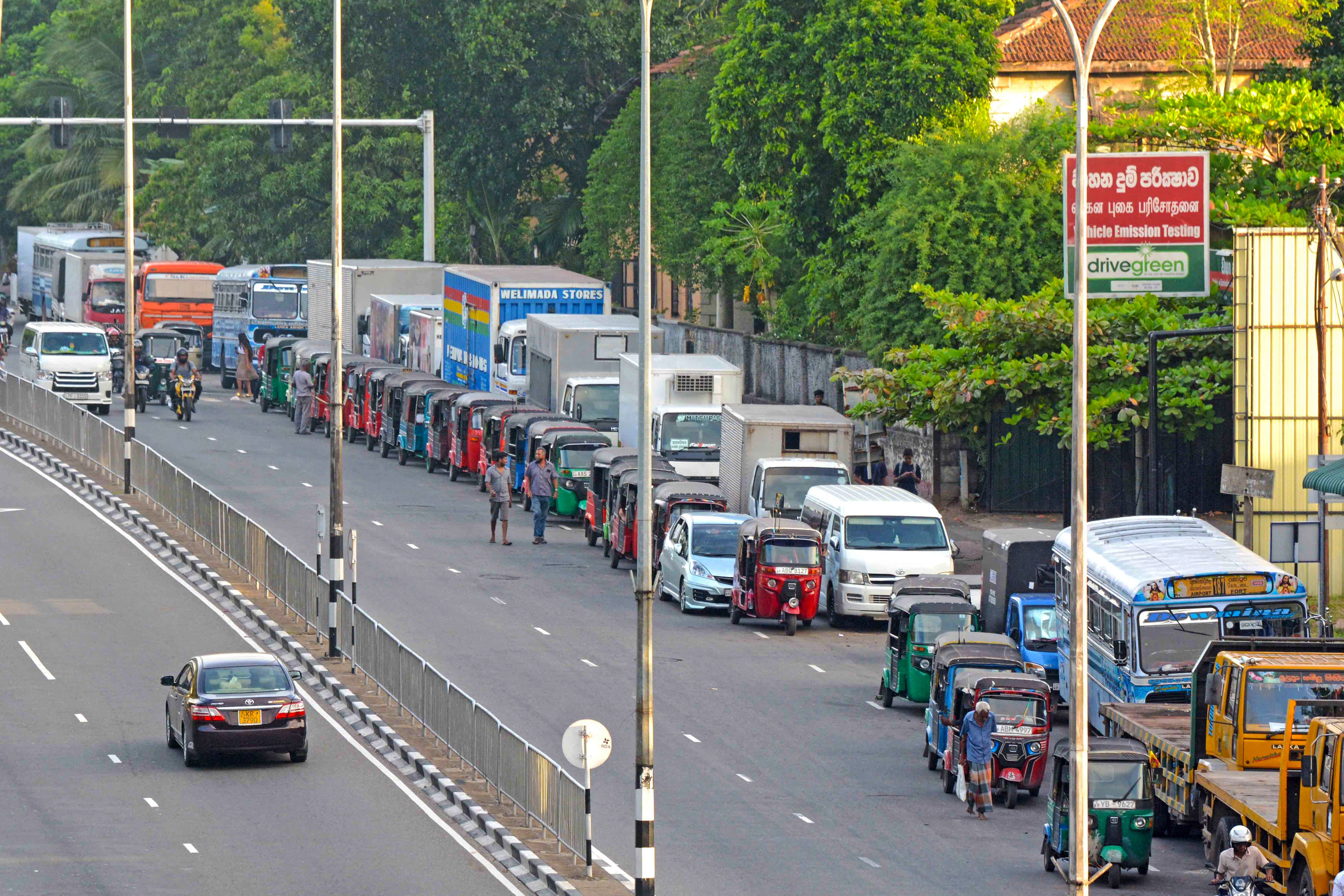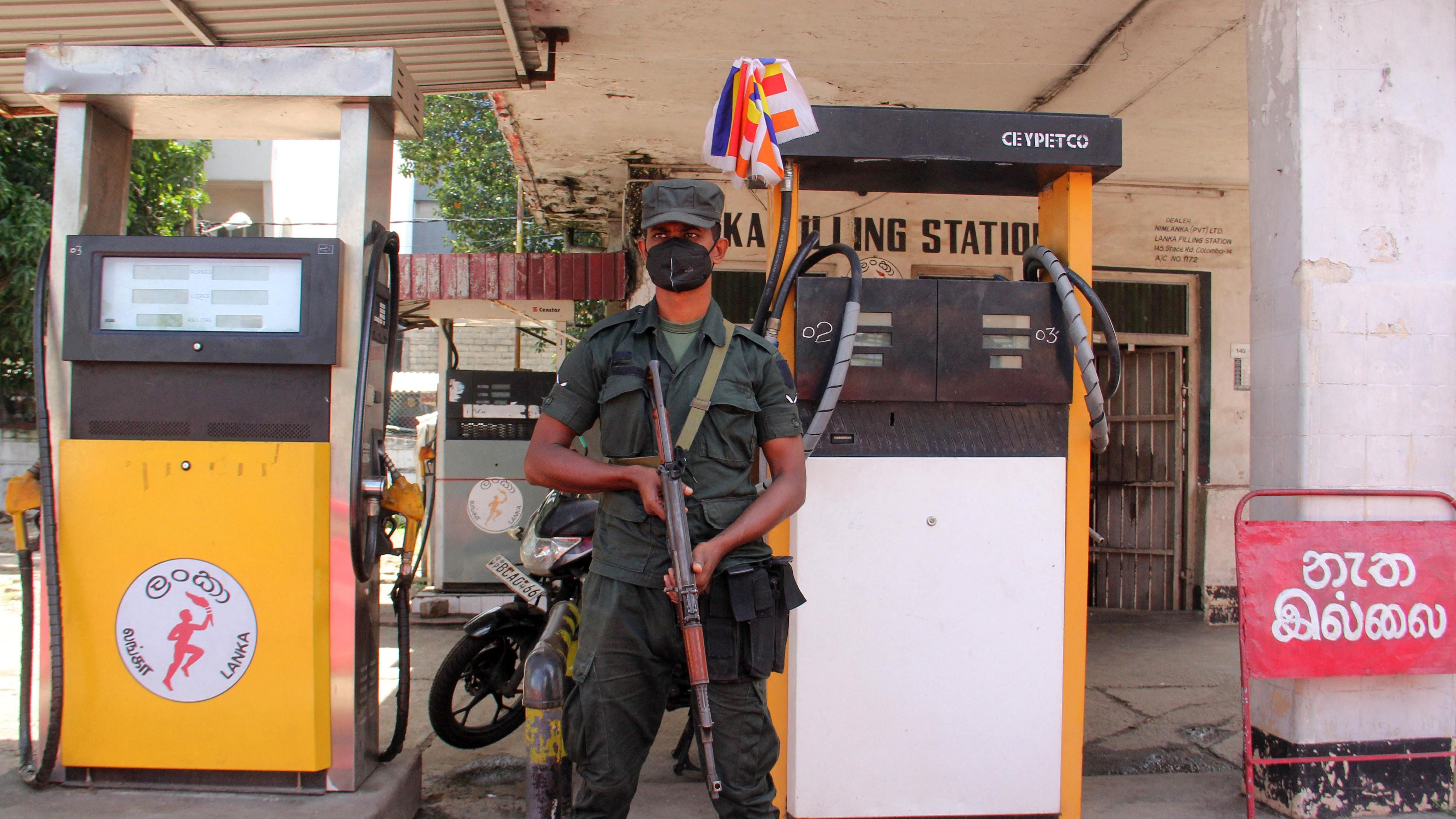Sri Lanka Is Running On Empty, Less Than A Day Of Fuel Left
Commercial flights into Sri Lanka must carry enough fuel to make its return trip out of the country.
It would be an understatement to say that most Americans aren't happy with the hike in gas prices over the past few months, but high gas prices haven't (yet) crippled the American economy. However, the rise in global oil prices might be sending Sri Lanka's already faulting economy into a free-fall. Reuters is reporting that the country's government is struggling to pay for fuel imports and now has less than a day's worth of fuel.
The Sri Lankan government has imposed extreme measures to stretch out the relatively small amount of fuel it has left. Fuel sales were banned last week and this week, except for essential services. All schools and non-essential government agencies are closed, and businesses are being encouraged to have as many employees work from home as possible. Unrest has followed the restrictions, including a notable incident where protesters were fired upon by soldiers after the military cut a line for gas.
The shortage hasn't just affected road vehicle owners, as even airlines are struggling to get jet fuel in Sri Lanka. Simple Flying has reported that Bandaranaike International Airport near the country's capital of Colombo can only secure a supply of 66,000 gallons of jet per day, despite having the capacity for 2 million gallons. Sri Lanka's Civil Aviation Authority has mandated that any flight entering the country must carry the fuel for its return trip.

Sri Lankan Prime Minister Ranil Wickremesinghe told Al Jazeera:
"It [fuel shortage] is a big setback to the economy and has caused lot of hardship to people. When we came in, the shortage of dollars actually contributed to this situation. We have been taking steps since then especially to get gas which will be available in the next few days, diesel and furnace oil as well."
There is respite in sight as the country's prime minister added that Sri Lanka's next shipment of gasoline will arrive on July 22nd and the country should have a steady supply for the next four months. Though, the government still needs to pay $800 billion for all the fuel shipments that is keeping the country somewhat afloat.
The Sri Lankan government is in negotiations with the International Monetary Fund for a $3 billion dollar bailout, but the institution is likely not to aid the country due to the country's poor economic standing. As an alternative option, the government is attempting to strengthen its ties with Russia to not only secure a stable supply of fuel long-term but also bolster its economy.
